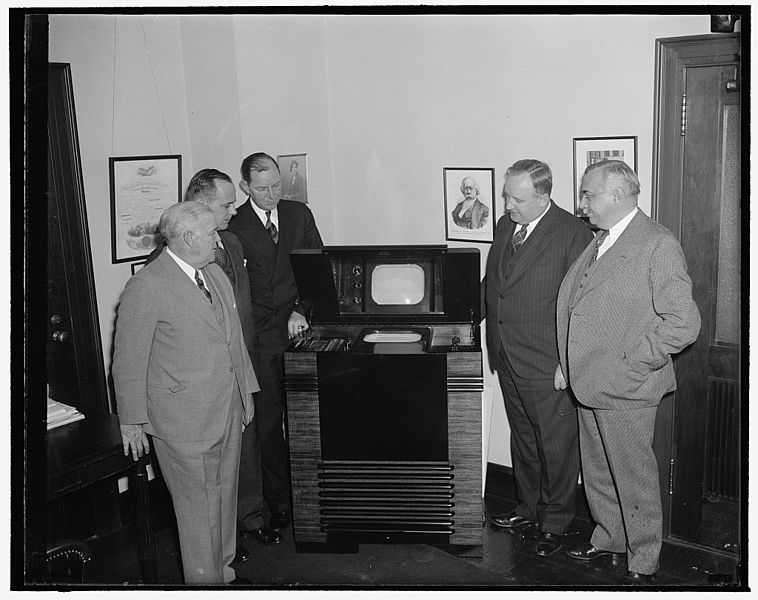
Bringing Transparency to TV
In a move hailed as ‘Big step in the right direction and powerful signal to campaign donors”, the Federal Communications Commission (FCC) ruled on Friday that television stations must actually post their financial files regarding political advertising spending for the public on the internet. The decision could be a breakthrough on the front of transparency in elections. There was an interesting post on the impressively comprehensive election reform website, Election Law Blog, written by Rick Hasen who is the Chancellor’s Professor of Law and Political Science at the University of California, Irvine.
The article addressed the possible impact of the FCC decision on democracy, elections, and voting. He quotes from a Huffington Post article by Ciara torres-Spelliscy, an Assistant Professor of Law at Stetson University, “At long last, at least one federal agency has awakened from its deep slumber to bring the public improved transparency on political spending. It wasn’t the moribund Federal Election Commission (FEC). On April 27, 2012, the Federal Communications Commission (FCC) voted to place broadcasters’ political files online. This is a big step in the right direction.”
The FCC’s action is evidence that there are many levers of power that can have an effect on elections including everything from federal offices like the FCC, the Federal Election Commission or the Congress to state and local governments. If the other branches of government take the hint, maybe the FCC decision can be the first success of many. Here is introduction to the FCC from their website:
“The Federal Communications Commission (FCC) is an independent agency of the United States government, created by Congressional statute, and with the majority of its commissioners appointed by the current President. The FCC works towards six goals in the areas of broadband, competition, the spectrum, the media, public safety and homeland security. The Commission is also in the process of modernizing itself.
The FCC took over wire communication regulation from the Interstate Commerce Commission. The FCC’s mandated jurisdiction covers the 50 states, the District of Columbia, and U.S. possessions. However, the FCC also provides varied degrees of cooperation, oversight, and leadership for similar communications bodies in other countries of North America. The FCC has an estimated 2011 budget of US$335.8 million which is entirely funded by regulatory fees, and has a proposed budget of $354.2 million for 2012, which will also be fully derived from regulatory fees. It has 1,898 federal employees.”
Here are some related links:
- https://electionlawblog.org/?p=33572
- https://www.huffingtonpost.com/ciara-torresspelliscy/fcc-brings-sunlight-to-el_b_1459319.html
- https://www.foxnews.com/politics/2012/04/27/feds-requiring-tv-stations-to-post-online-rates-for-political-ads/

Leave a Reply